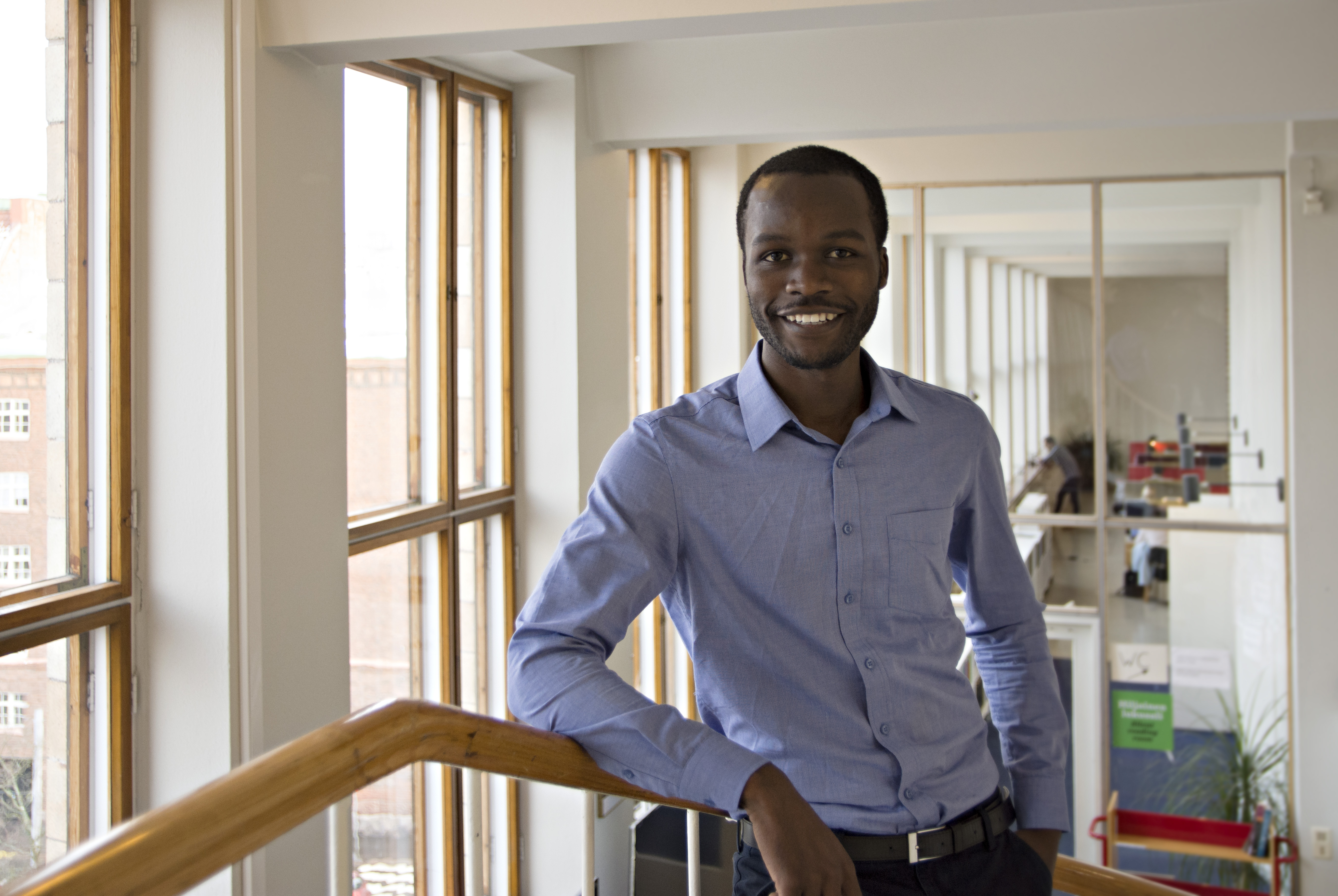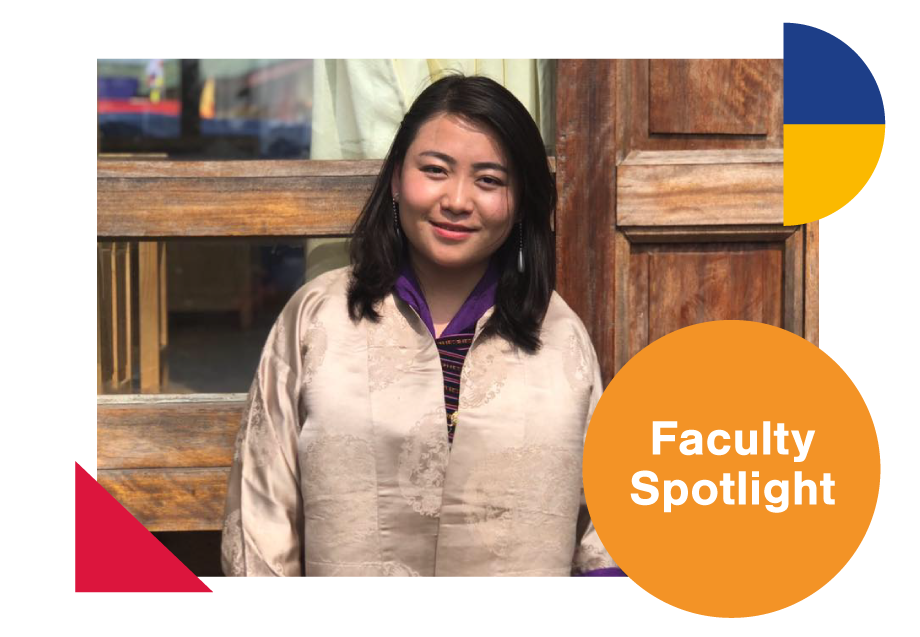We had a chat with Shimanyi Valentino about the hype around Nairobi’s tech scene, young technology enthusiast and how this all links with Helsinki.
Our colleague Shimanyi Valentino from University of Nairobi’s C4DLab is in Helsinki for one month and explores the opportunities of Finnish tech scene around Slush.
What’s up Shimanyi?
Hey! I am great! How about yourself?
I’m very well, thank you. You’re currently in Helsinki, what brings you here?
I’m in Finland as a Slush volunteer. I’m honored to be part of the 2,000 global volunteers who are helping to make Slush 2017 a success. When I’m not doing that, I spend most of my time working from Aalto Global Impact “headquarters”. I had a chance to work with the team also during the CodeBus Africa project earlier this year.
Since the CodeBus’ tour, Aalto Global Impact has kicked off a new project called PBL East Africa together with University of Nairobi, University of Dar es Salaam and Makere University – so we are happy to have you here in this sense too. How is Nairobi?
Yes, and this is very great! Nairobi is 23 degrees Celsius as we speak, so to Finns that sounds pretty much like good summer holidays.
I’m an alumnus of the University of Nairobi, School of Computing and Informatics, which also serves as the mother to C4DLab. Having lived in Nairobi for about 10 years now, I’d say that C4DLab is definitely one of the prime arenas for partnerships and innovation.
Can you tell more about the projects you have been working with at C4DLab?
Some growing business in the areas of Fintech such as Chura and FarmDrive have started in the C4DLab, and all the time more startups enter a three-month acceleration program and are later incubated. The lab has been keen on taking in startups in the fields of finance, agriculture, education, government and health technologies.
There are also projects like the development of a digital attendance system to track the daily attendance rate of children going to school in Kenya, a project commissioned by UNICEF Kenya.
Moreover, the innovation and ecosystem development front of C4DLab has been championed by the Nairobi Innovation Week. The annual event brings together different stakeholders from government, education and private sector to ensure that an all-inclusive innovation community is built. Several success stories have emerged also from this front, even including international partnerships through the embassies that joined.
I’m certain that with the enthusiasm and willingness of students to collaborate with the international community, even more meaningful and beneficial outcomes will be achieved.
There is much enthusiasm about Nairobi’s tech scene globally. What’s your take on this?
I could not agree more! More than ever, different critical stakeholders in this space have come together to express their interest in innovations and technology. Through these avenues, more technology projects have come from both private and non-private sectors, thus creating a technology-oriented atmosphere.
“Silicon Savannah” is a goal we want to reach. However, there is still a long way to get there. Despite the efforts and desire for innovation, there is a need for guidance amongst innovators. We need a multi-disciplinary approach in tackling some of the emerging issues within Nairobi. There is definitely a long way in enabling adoption and usage of these technologies.
You are visiting Helsinki for one month, so you’re getting a chance to compare the situation in Nairobi with the hype around Slush in Finland. What are your expectations for the event?
I am overly excited to be part of this huge project. I literally travelled more than 7,000 miles just for Slush. It is not very usual to have a community so enthusiastic about an event in their home city. I must give that to the Finns, they know how to build and own!
I expect to meet more young people in the tech industry, especially those curious enough to start life-changing innovations. This is not to imply that I am not keen on listening to the speeches of the most elaborate and established business owners, but we all know how difficult it can get to think differently in huge co-operations. I also hope to make long-lasting business partnerships for my own company Sisitech Limited, which has provided technical and innovative solutions for more than four years.
What has so far been the best or even weirdest thing in Helsinki in November?
Could we have another interview just for this topic? I feel like we can talk about this the whole day! There are so many different things in this city.
I am a collector of small acts of kindness and also very interested in humans’ use of technology. This has been very nicely present in Helsinki. Someone is always willing to show you the way, not just consulting Google maps!
Tags:
Slush17
This post was written by AGI



